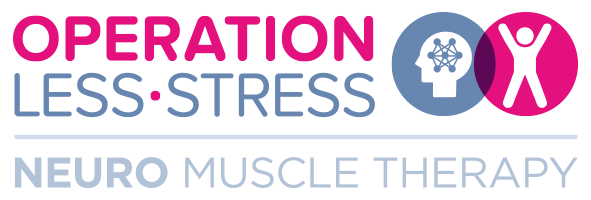FOCUS ON WHAT YOU WANT

All movement should begin in our core. Breathing is our most fundamental movement pattern, and if we are not breathing well, we cannot move well.
“BUT I already breathe, I do it automatically!” I hear you say.
Yes, but here is something interesting.
Humans are unique amongst animals in that we can consciously control and modify our breathing. It is believed to have evolved as we developed language. So it is both voluntary and involuntary. We can control it, and affect how our body responds to the environment we are currently in.
Why is oxygen so essential?
We can go without food for 40 days
We can go without water for 7 days
We cannot go without oxygen for 5 minutes
Every muscle tissue, organ and gland must have oxygen. We need to give our body oxygen – it’s our fuel!
Breathing optimally can have a positive effect on many of the systems in our body, including core stability, digestive system, nervous system, and pelvic floor.
Everybody can benefit from working on their breathing if they have:
-
Chronic pain
-
Tight muscles
-
Pelvic floor dysfunction
When we are stressed, the first thing that is affected is our breathing. Our breathing becomes fast and shallow and we start breathing from our chest. Our blood pressure rises, the oxygen leaves our organs and goes directly to our muscles so that we can either “fight or flight” the threat.
We have become chronic chest breathers, which also deprives our brain of oxygen and puts our body into a state of “survival”. We can get stuck living in this heightened state, simply by the way we are breathing.
What happens when we breathe from our chest?
-
Shallow rapid breathing sends a message to our brain that we are in danger, and we trigger “fight or flight” response.
-
The muscles at front of our body shorten and tighten and the chest collapses inward.
-
As we become more oxygen deficient, our body starts to shut down for safety.
The benefits of increased oxygen in the system
-
Oxygen converts to ATP needed to produce ALL the energy our body needs to function
-
Postural muscles (the ones that keep you upright) are oxygen dependant
-
Organ function
-
Balances Blood PH
-
Keeps our cells from sticking together and we have improved blood flow
Why should we start breathing with the Diaphragm?
-
Slow diaphragmatic breathing quietens the mind. It signals to your body that you are safe, lowering heart rate, increasing blood flow to your brain and organs.
-
70% of blood supply of the lungs in exchanged in the lower half of the lungs
So, should we use our Nose or Mouth when breathing:
ADVANTAGES of breathing through our Nose
-
The hairs in our nose warms and filters the air as we inhale
-
Nitric oxide produced in our paranasal sinus – is anti viral so it helps fight infections
-
Slows down breathing and reduces stress
-
Increases diaphragm movement
-
Activates and tones The Vagus Nerve•
•The Vagus Nerve runs straight through your diaphragm and is the calming circuit and the gateway of the”rest and digest” part of the nervous system, so the more we do things that “stimulate” it, like slow, deep diaphragmatic breathing, the more we banish the effects of the “fight or flight” part of the nervous system.
ISSUES caused by Breathing through our Mouth
-
Bacteria has free access to your body
-
If we breathe through our mouth, especially at night, we do not get into REM sleep pattern
-
Mouth breathing can bring about, or worsen sleep apnea
Look at how you breathe in different everyday situations. When you are doing ordinary tasks like household chores, reading, walking etc. When you are doing something physical, like cycling, walking fast, swimming etc.
-
Become aware of how you breathe
-
Practice the habit of breathing through your nose as much as possible
-
Try to slow down your breathing
Simple breathing strategies
The importance stratagies.
James Nestor Breath. Book
Take a breather.


